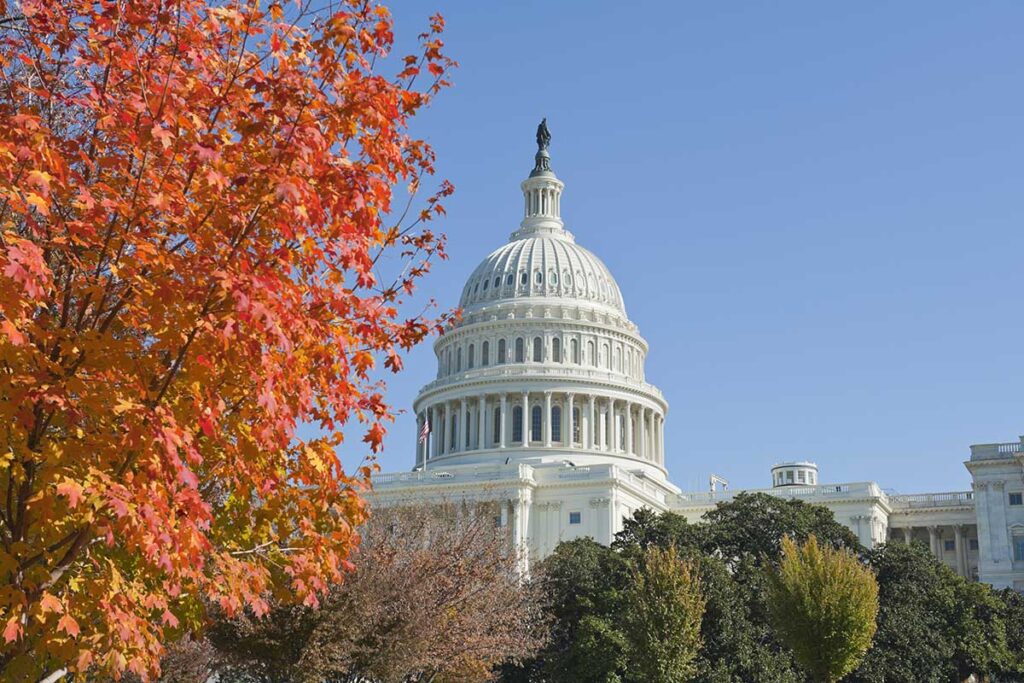
Congress has increased funding from $6.5 billion to $7 billion for the Rural Utilities Service Electric Loan Program, which helps electric cooperatives pay for construction, improvement and modernization of their systems.
The $500 million boost was approved as part of the deal that Congress reached to reopen the federal government after a record 45-day shutdown. Lawmakers passed fiscal 2026 spending bills for three federal agencies, including the U.S. Department of Agriculture and its RUS programs. President Donald Trump signed the package into law Nov. 12.
NRECA and electric co-ops pushed for the funding increase and will continue to advocate for more money for the program after the current spending bill ends on Sept. 30, said Hill Thomas, NRECA vice president for legislative affairs.
“Electric co-ops use RUS loans to help finance infrastructure that provides reliable, affordable service to more than 42 million consumer-members in rural communities throughout America,” Thomas said. “The funding increase approved by Congress will help co-ops expand their systems to keep up with rising demand for electricity.”
Co-ops also help reduce the federal deficit by paying interest on those loans to the U.S. Treasury, Thomas said. In 2024, they paid nearly $200 million in interest.
The RUS Electric Loan Program dates back to 1936, when Congress passed the Rural Electrification Act that created electric co-ops. RUS offers loans to not-for-profit co-ops at low interest rates.
“Many co-ops rely on these loans to modernize their systems without having to raise rates dramatically to pay for the improvements,” Thomas said.
As part of the deal to reopen the government, Congress also extended the existing Farm Bill for another year, through Sept. 30, 2026. Lawmakers last passed a five-year Farm Bill in 2018. They have been unable to agree on a new one, opting instead to extend the 2018 legislation each year for the past three years.
The Farm Bill authorizes crucial RUS funding for co-ops and helps accelerate broadband deployment across rural America.
Erin Kelly is a staff writer for NRECA.